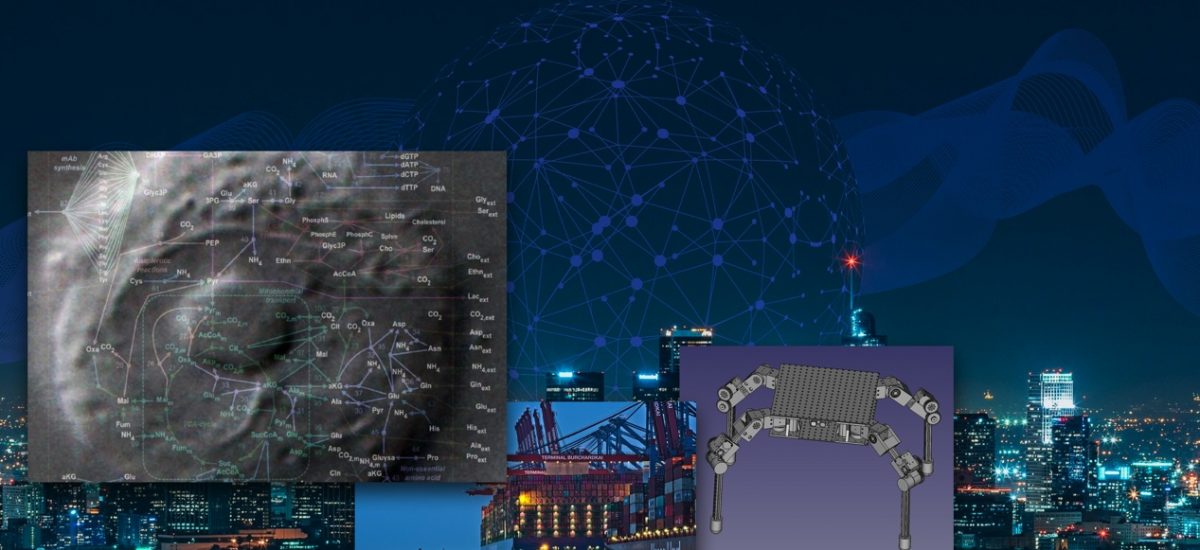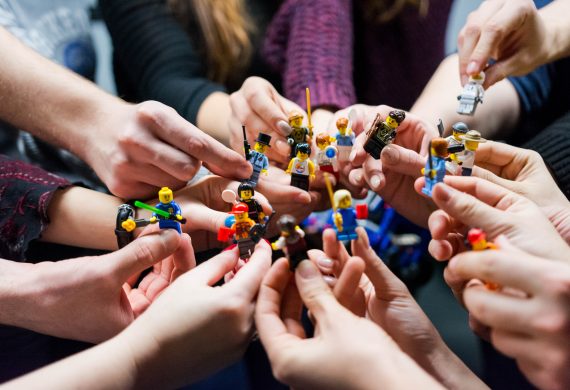
Data-Limited Learning of Complex Dynamical Systems
Objective
In the Data-Limited Learning of Complex Dynamical Systems (DLL) project, we develop methods and tools to learn to control complex dynamic systems using limited data samples. In contrast to traditional machine learning techniques that require large amounts of data for training, this project aims to utilize a priori knowledge of the system and combine such structural knowledge reliably with a limited number of data samples.
The project focuses on two application domains: (i) continuous bioprocessing for safer and more efficient production of biopharmaceuticals and (ii) reinforcement learning of cyber-physical systems in general and robotics in particular. In these domains, probing large amounts of data from the system can be expensive or even impossible without wearing out the system.
Background
Recent years have witnessed spectacular successes in applying machine learning tools to the decision-making and control of complex dynamical systems. These techniques typically combine reinforcement learning with large neural networks, thus requiring a tremendous amount of training data, even to learn simple tasks. Their applications have been mainly limited to specific scenarios, such as board and video games, where generating and gathering data is inexpensive. However, in many biological or physical application domains, data is limited, and probing the system for more data can be expensive or even impossible without destroying the system.
Cross-disciplinary collaboration
This project involves co-PIs and researchers from different disciplines, including computer science, automatic control, machine learning, and biotechnology. To make the interaction as fruitful as possible, the project is divided into three sub-projects: continuous bioprocessing, (ii) reinforcement learning in cyber-physical systems, and (iii) theory. The research involves fundamental theory and practical applications, including involvement from industrial partners. The collaboration between the research team at Digital Futures and the Competence Centre for Advanced BioProduction (AdBIOPRO) will establish a strong, visible, and sustainable research environment that will overarch digitalization and life science research at KTH.
Watch the recorded presentation at the Digitalize in Stockholm 2023 event:
Contacts

David Broman
Professor, Division of Software and Computer Systems at KTH, Member of the Executive Committee, Associate Director Faculty, PI of research project Data-Limited Learning of Complex Dynamical Systems, Digital Futures Faculty
+46 8 790 42 74dbro@kth.se

Saikat Chatterjee
Associate Professor, Division of Information Science and Engineering at KTH, Main supervisor: Explainable Machine Learning for Early Warning Systems, Co-PI: Data-Limited Learning of Complex Dynamical Systems, Digital Futures Faculty
+46 8 790 84 78sach@kth.se

Veronique Chotteau
Associate Professor, Division of Industrial Biotechnology at KTH CBH, Working group Digitalized Industry, Co-PI of research project Data-Limited Learning of Complex Dynamical Systems, Digital Futures Faculty
+46 8 790 96 28chotteau@kth.se

Håkan Hjalmarsson
Professor, Division of Decision and Control Systems at KTH, Co-PI of research project Data-Limited Learning of Complex Dynamical Systems, Digital Futures Faculty
+46 8 790 84 64hjalmars@kth.se

Alexandre Proutiere
Professor, Division of Decision and Control Systems at KTH, Working group Learn, Co-PI of research project Data-Limited Learning of Complex Dynamical Systems, Digital Futures fellow, Digital Futures Faculty
+46 8 790 63 51alepro@kth.se




